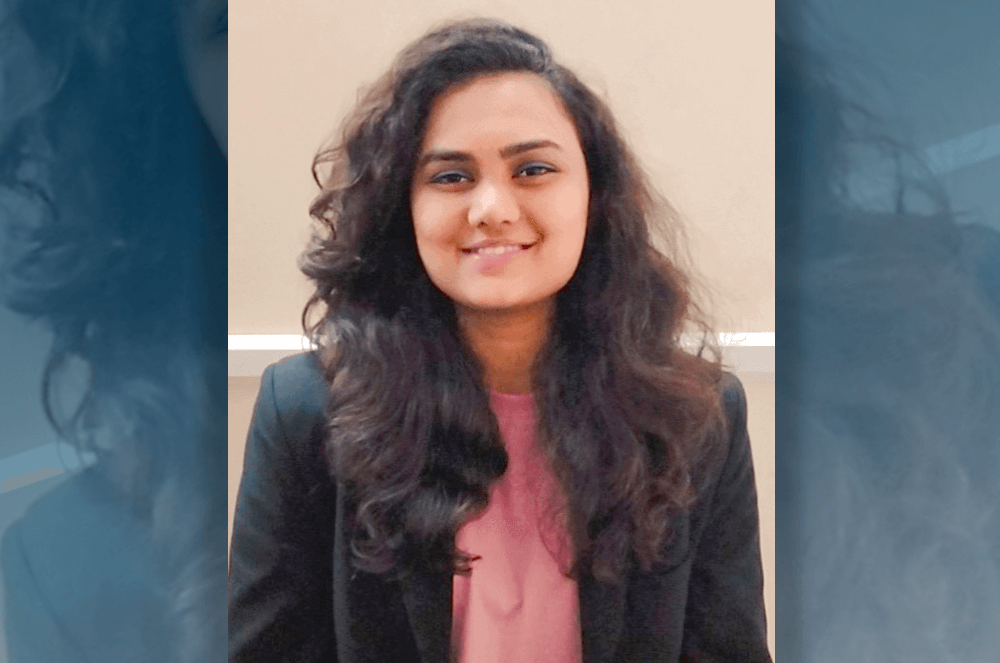
In today’s globalized world, where cross-cultural interactions have become the norm, it’s more important than ever to understand cultural diversity. I’ve learned that firsthand. As a member of the online Blue Communicators club in Eagan, Minnesota, and an Indian by origin, I have experienced the importance of understanding and adapting to cultural differences for effective communication.
Toastmasters has taught me how enriching it is to learn the customs, greetings, and gestures of different cultures. Our meetings are a comfortable space to share our cultural stories and understand each other better.
At one club meeting, I gave a brief explanation of the Indian greeting namaste and its significance in my culture. I demonstrated how we join our hands together and explained that it’s not just a greeting but a way of recognizing the divine spark in every individual. This simple gesture represents a profound respect for one another, transcending linguistic and cultural barriers.
Similarly, other club members helped me learn about the American custom of shaking hands. While a handshake is different from the more self-contained gesture of joining your own hands, I appreciate the genuine and inclusive nature of shaking hands. These explanations weren’t just lessons in customs; they were an invitation to see the world through a different lens.
This active sharing of customs and traditions has contributed to making our Toastmasters community a more inclusive and culturally enriched space, where respect and diversity are celebrated.
Storytelling is perhaps the most impactful way to bridge cultural gaps, and Toastmasters speeches give us the opportunity to share our personal experiences and stories, enabling others to gain a deeper understanding of our backgrounds.
Toastmasters speeches give us the opportunity to share our personal experiences and stories, enabling others to gain a deeper understanding of our backgrounds.
I once delivered a club speech titled “Diwali: The Festival of Lights.” I shared the significance of the Indian festival and how my family celebrates it. I described the customs and rituals, and the warmth of family gatherings, during this festive occasion. This speech gave me the privilege of offering my fellow Toastmasters a glimpse into the cultural richness of India, and piqued their curiosity, fostering a greater appreciation for the diversity that exists within our community.
After the speech, I received heartfelt feedback and questions from club members, further solidifying the idea that sharing personal stories and experiences can be a powerful tool for building empathy and understanding. It’s through such exchanges that we truly come to appreciate the depth and beauty of diverse cultures and perspectives, making our club meetings a place of enlightenment, acceptance, and mutual growth.
Active listening is a fundamental skill in building effective cross-cultural communication, as well as trust and understanding. It involves giving full attention to the speaker, seeking clarification when needed, and being patient.
I prioritize active listening when interacting with members from various cultural backgrounds, and one speech that stands out to me was delivered by a fellow Toastmaster named Sarah. Her speech was titled “Cultural Tapestry” and in it she shared her personal journey as a first-generation American born to immigrant parents.
As I listened attentively to Sarah’s narrative, I gained a deeper appreciation for the diversity in American culture. She eloquently highlighted how, in the United States, people from all over the world come together, bringing their unique traditions and experiences to create a rich and intricate cultural tapestry. Her speech emphasized the values of acceptance, inclusivity, and the celebration of differences that are ingrained in American society.
My Toastmasters experience has taught me that recognizing cultural differences is an important aspect to having any type of effective communication. Merging your personal experiences and insights with the broader discussion on cultural diversity, respect, empathy, and active listening allows us to build bridges across cultures and create a more connected and harmonious environment.
Through my participation in Toastmasters, I have been fortunate to connect with individuals from various backgrounds and engage in meaningful exchanges. These interactions have shown me the transformative power of embracing cultural differences and adapting our communication style accordingly. By doing so, we can contribute to the creation of a more inclusive and interconnected society, where cultural diversity is not only acknowledged but celebrated, and communication barriers are overcome.
Shubhani Mittal is the editor of the District 6 newsletter, and a Past Area Director of District 6. She lives in Jaipur, Rajasthan, India. She has been a member of Toastmasters since 2019.
Related Articles
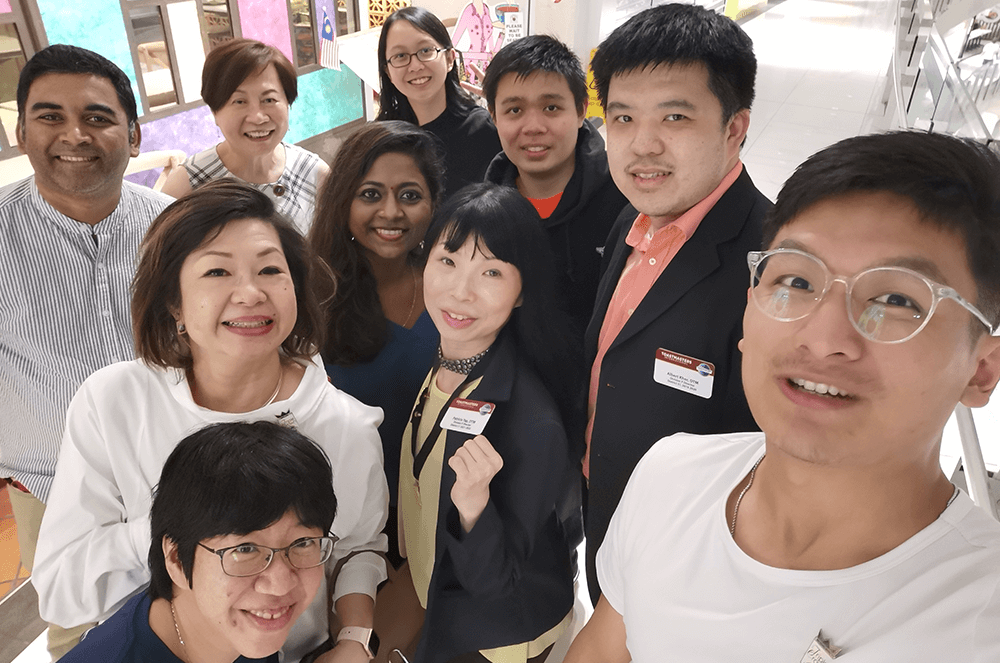
Cross-Cultural Communication
Project 10: A Global Speaking Initiative
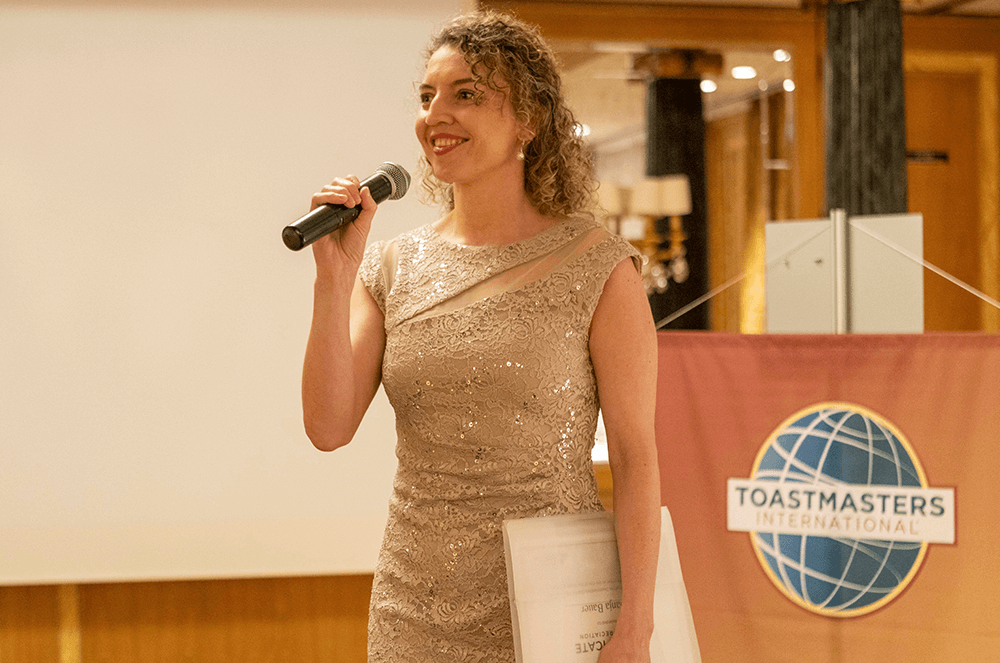
Your Turn
Mastering Fluency in a Foreign Language
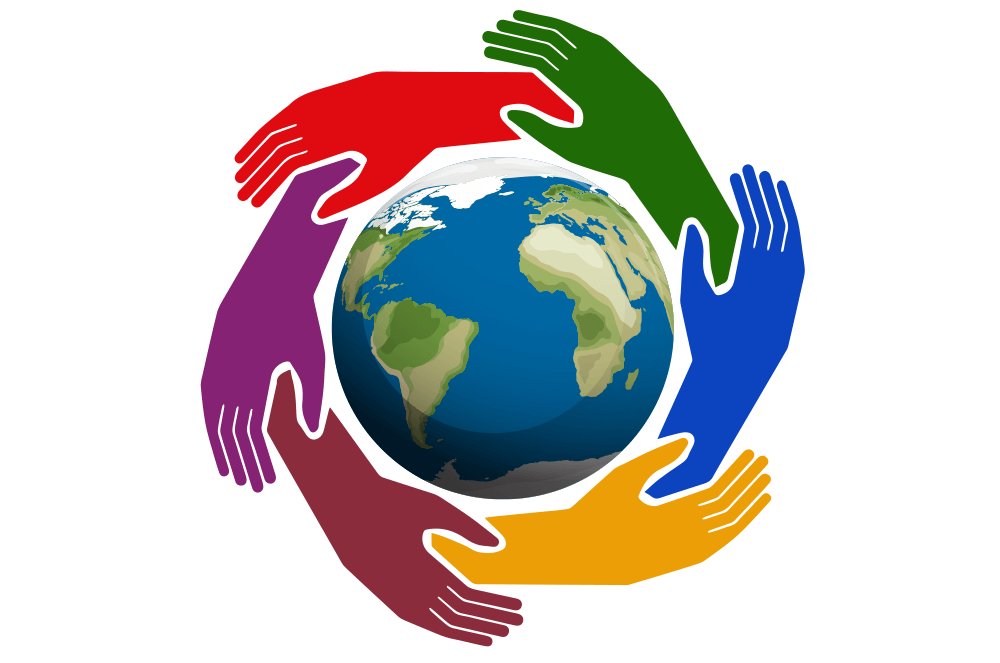
Cross-Cultural Communication

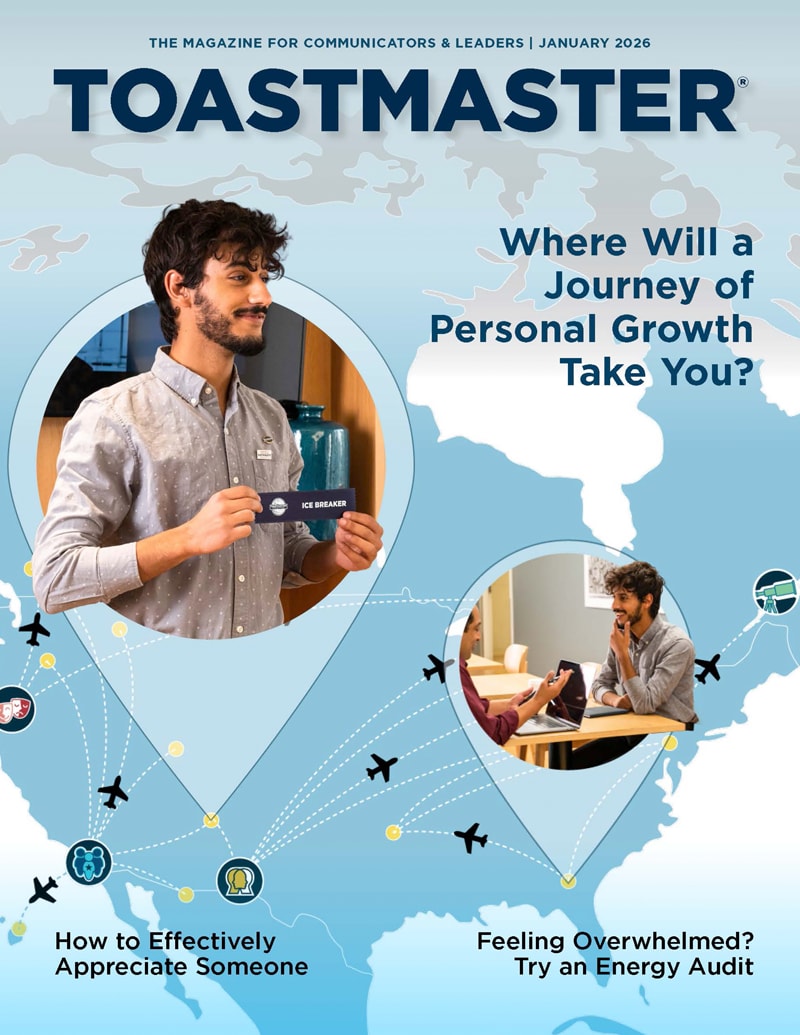

 Previous
Previous

 Previous Article
Previous Article